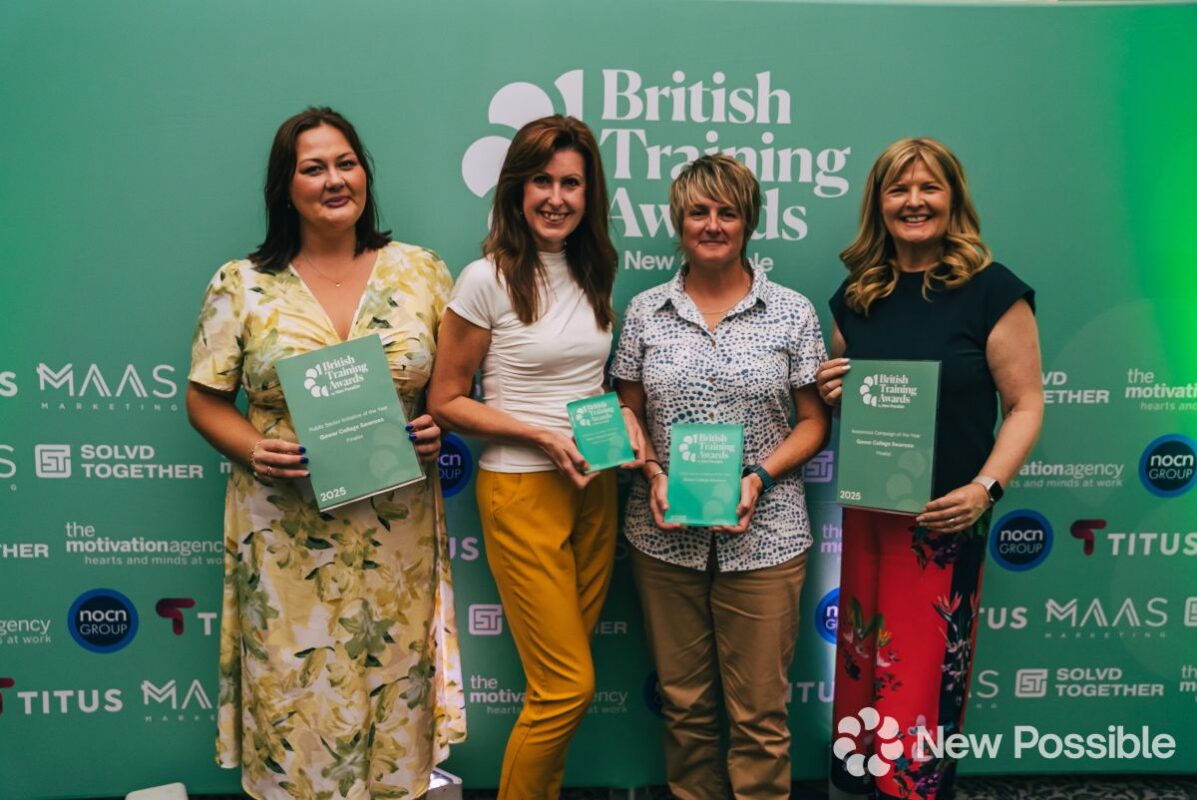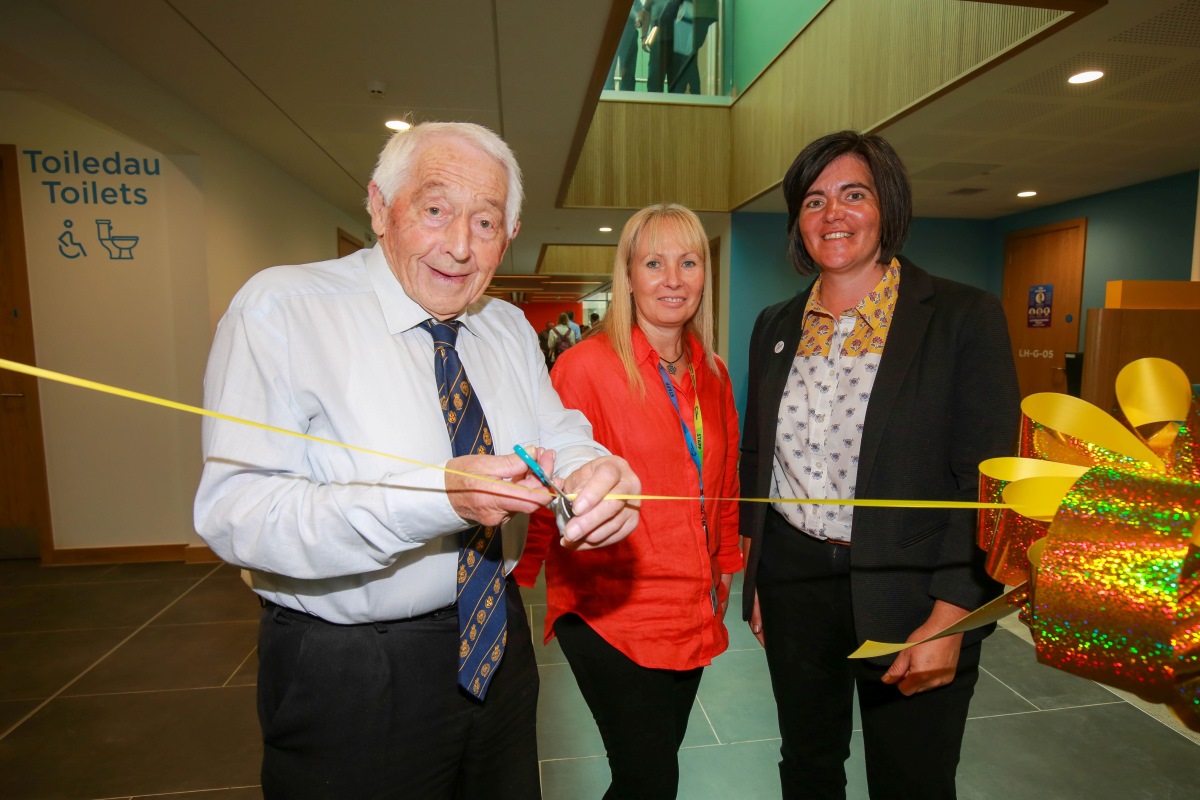UK-SPEC Engineering Standards reference STEM and SEND apprentices vocational development pathway and outcomes

The UK engineering industry relies heavily on apprenticeships to provide young people with the skills, knowledge, and professional attributes necessary to become competent engineers. However, the effectiveness of these apprenticeships is dependent on meeting the standards and policies set out by regulatory bodies and educational institutions. This paper critically examines the importance of meeting these standards and policies for engineering apprenticeships in the UK, with a focus on the UK Standard for Professional Engineering Competence (UK-SPEC), 4th edition, and the implications of international agreements and conventions, such as the Salamanca Agreement and the European Convention on the Rights of the Child.
UK-SPEC, 4th edition, is published by the Engineering Council in the United Kingdom and defines the knowledge and understanding, skills, and professional attributes that engineers must demonstrate in order to practice in a safe and effective manner. As such, it is an essential benchmark for engineering apprenticeships, and apprenticeship programs must be designed to meet its requirements. However, there are concerns that UK-SPEC may be too rigid and may not adequately reflect the changing needs of the engineering industry. In a survey of UK engineering employers, only 32% felt that the current apprenticeship system adequately prepares apprentices for the demands of the modern engineering workplace (Boult, 2019). This suggests that there may be a need for more flexibility and innovation in apprenticeship programs to better meet the needs of the industry.
In addition to UK-SPEC, there are several other educational bodies in the UK that have developed standards and views on apprenticeships and vocational education. For example, the Institute for Apprenticeships and Technical Education (IFATE) develops and maintains the apprenticeship standards that apprenticeship programs must meet in order to be approved and funded by the government. However, there have been criticisms that IFATE is too bureaucratic and slow to respond to the changing needs of the industry. The UK government has acknowledged these concerns and has pledged to streamline the apprenticeship system and make it more responsive to the needs of employers (Department for Education, 2019).
The Association of Colleges (AoC) has developed its own set of standards for apprenticeships, which emphasize the importance of providing high-quality training and support to apprentices, and of ensuring that apprenticeships are accessible and inclusive for all. However, there are concerns that the current apprenticeship system may not be meeting these standards. For example, a recent study found that apprentices from disadvantaged backgrounds were more likely to drop out of their apprenticeships than their peers from more advantaged backgrounds (Centre for Vocational Education Research, 2020). This suggests that there may be a need for more targeted support to ensure that all apprentices are able to participate fully and achieve their potential.
The Department for Education (DfE) has developed a range of policies and initiatives aimed at promoting vocational education and apprenticeships, while Ofsted inspects and regulates apprenticeship providers to ensure that they are meeting the required standards. However, there have been criticisms that these policies and initiatives are too fragmented and lack coherence. The UK government has acknowledged these concerns and has pledged to create a more joined-up approach to vocational education and apprenticeships (Department for Education, 2019).
The Salamanca Agreement and the European Convention on the Rights of the Child emphasize the importance of providing equal access to education and training for all children and young people, including those with disabilities or other special needs. It is essential that apprenticeship provideos are proactive in identifying and addressing the needs of individual apprentices in order to meet these obligations. However, there are concerns those with disabilities or other special needs may not be receiving the support that they require. For example, a recent study found that only 13% of apprentices with disabilities or health conditions reported receiving any kind of additional support from their apprenticeship provider (Equality and Human Rights Commission, 2018). This highlights the need for apprenticeship providers to take a proactive approach to identifying and addressing the needs of individual apprentices, and for regulatory bodies and educational institutions to ensure that apprenticeships are designed to be accessible and inclusive for all.
In conclusion, meeting the standards and policies set out by regulatory bodies and educational institutions is essential for ensuring the effectiveness of engineering apprenticeships, which emphasize the importance of providing high-quality training and support to apprentices, and of ensuring that apprenticeships are accessible and inclusive for all. However, there are concerns that the current apprenticeship system may not be meeting these standards. For example, a recent study found that apprentices from disadvantaged backgrounds were more likely to drop out of their apprenticeships than their peers from more advantaged backgrounds (Centre for Vocational Education Research, 2020). This suggests that there may be a need for more targeted support to ensure that all apprentices are able to participate fully and achieve their potential.
The Department for Education (DfE) has developed a range of policies and initiatives aimed at promoting vocational education and apprenticeships, while Ofsted inspects and regulates apprenticeship providers to ensure that they are meeting the required standards. However, there have been criticisms that these policies and initiatives are too fragmented and lack coherence. The UK government has acknowledged these concerns and has pledged to create a more joined-up approach to vocational education and apprenticeships (Department for Education, 2019).
The Salamanca Agreement and the European Convention on the Rights of the Child emphasize the importance of providing equal access to education and training for all children and young people, including those with disabilities or other special needs. It is essential that apprenticeship providers are proactive in identifying and addressing the needs of individual apprentices in order to meet these obligations. However, there are concerns those with disabilities or other special needs may not be receiving the support that they require. For example, a recent study found that only 13% of apprentices with disabilities or health conditions reported receiving any kind of additional support from their apprenticeship provider (Equality and Human Rights Commission, 2018). This highlights the need for apprenticeship providers to take a proactive approach to identifying and addressing the needs of individual apprentices, and for regulatory bodies and educational institutions to ensure that apprenticeships are designed to be accessible and inclusive for all.
In conclusion, meeting the standards and policies set out by regulatory bodies and educational institutions is essential for ensuring the effectiveness of engineering apprenticeships in the UK. However, there are concerns that the current apprenticeship system may not be meeting the changing needs of the industry, and that more flexibility and innovation may be required. There are also concerns that the current system may not be meeting the needs of all apprentices, particularly those from disadvantaged backgrounds or with disabilities or other special needs. It is therefore essential that apprenticeship providers take a proactive approach to identifying and addressing the needs of individual apprentices, and that regulatory bodies and educational institutions work together to create a more joined-up and responsive approach to vocational education and apprenticeships.
References:
Boult, H. (2019). Employer attitudes towards engineering apprenticeships. Engineering UK.
Centre for Vocational Education Research. (2020). Apprenticeship completion and earnings outcomes for disadvantaged learners.
Department for Education. (2019). Apprenticeships: Vision for 2020.
Equality and Human Rights Commission. (2018). Being disabled in Britain: A journey less equal.












Responses